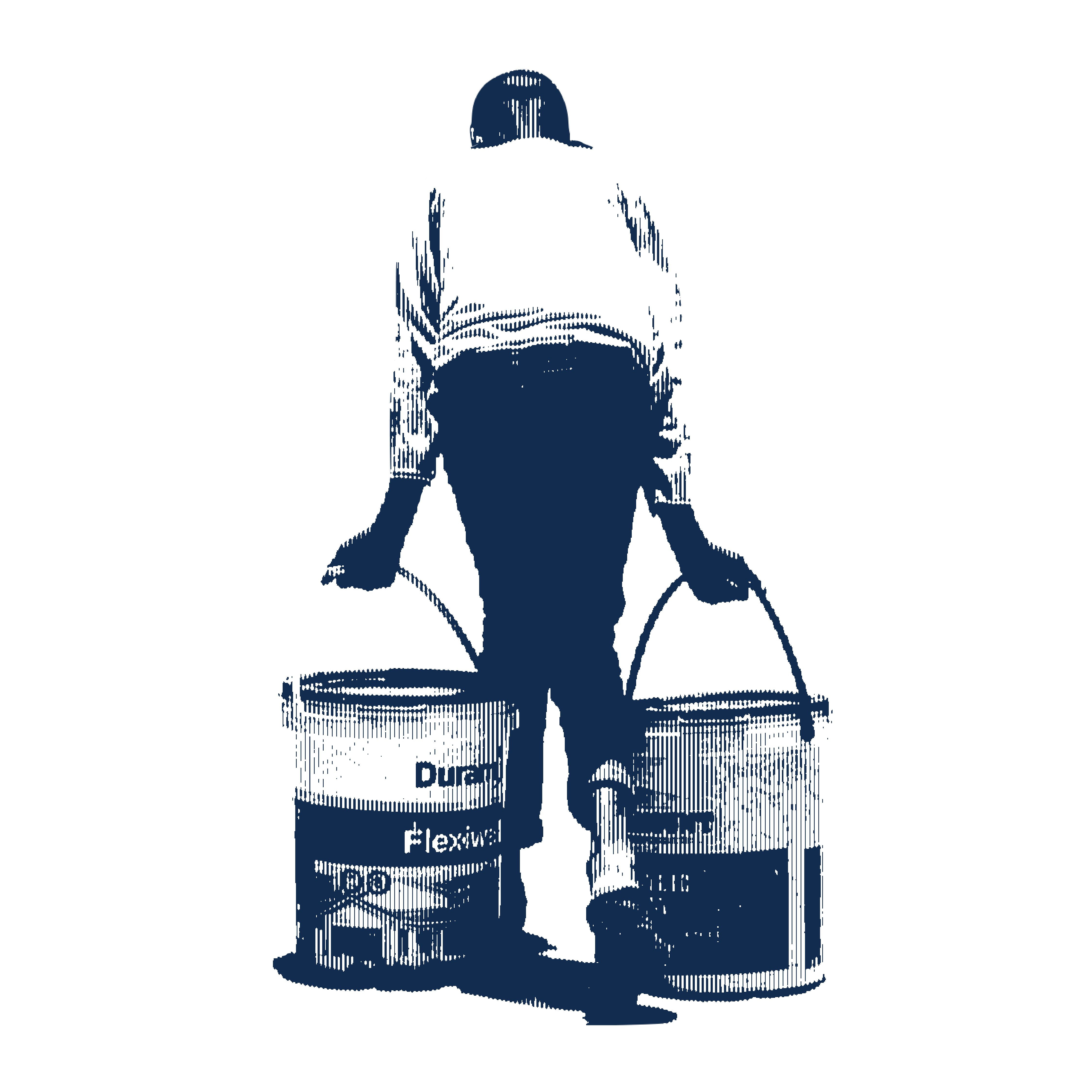
It almost seems like a bad joke. Except, of course, there is nothing funny about it.
As part of its effort to capture Osama Bin Laden, the CIA earlier this year mounted a fake vaccination campaign in the Pakistani town of Abbottabad where it believed the Al-Qaeda leader was living. The goal: to collect DNA from children to verify Bin Laden family members were living in the walled compound where the 9/11 mastermind was eventually killed.
The scheme—reported earlier this month by The Guardian newspaper in Britain and later confirmed by U.S. authorities—seems to have failed to generate the DNA evidence sought. But people in the world of public health fear it may succeed at something more devastating. They worry it may fuel existing suspicions within Muslim communities about vaccinations and in the process threaten the safety of community health workers who deliver these and other key health interventions in places like Pakistan.
"This is an example of the abuse of medical care for political or military ends," Benoit de Gryse, mission head in Pakistan for the NGO Doctors Without Borders, told the Washington Post. As a result of the ruse, health-care providers may come to be viewed as suspect, de Gryse warned.
That could risk the lives of people who work to deliver health programs and the lives of people, especially children, who may not receive those interventions as a result.
Last year, 10 medical aid workers from the United States, Britain and Germany were killed in Afghanistan. As Tom Scocca noted in a recent column in the online magazine Slate, the Taliban—which claimed responsibility for the killings—said the murdered people were not medical personnel but spies on a clandestine mission.
Medical workers need to be able to persuade all sides in areas of conflict that they are neutral, there strictly to help. Over the years the polio eradication program, for instance, has been able to get opposing sides in conflicts to agree to temporary ceasefires to allow vaccinators to reach children who otherwise would be missed.
But if vaccinations come to be seen as a guise for covert operations, if the credibility of medical aid workers falls into question, teams of legitimate vaccinators could be imperiled. And the willingness of combatants to allow vaccination campaigns to proceed unhindered could be eroded.
As well, confirmation that a vaccine effort was a front for a CIA operation could undermine already shaky confidence in vaccines in some parts of the Muslim world.
"We've already seen polio eradication efforts hindered by rumors that the polio vaccine is being used by Western imperialists to sterilize Muslims. Now, anti-vaccine activists have been given a legitimate reason to question the motives behind grass-roots vaccination campaigns," author Seth Mnookin wrote on his blog, The Panic Virus, which is hosted by PLoS Blogs.
Mnookin's most recent book, also titled The Panic Virus, explored the anti-vaccination movement. In his blog post, he was alluding to a major setback suffered by the polio eradication program in Nigeria in the middle years of the last decade.
Vaccination efforts stalled in the Muslim north when some imams urged followers not to let their children take the polio vaccine drops. The clerics argued the vaccine was part of a plot to render Muslim children infertile. While vaccination programs there later resumed, polioviruses from Nigeria spread to and reignited transmission in at least 19 other countries in Africa, Asia and the Middle East. To this day Nigeria remains on the list of polio endemic countries and it is still fighting to make up lost ground.
Pakistan is another of the countries where polio is still endemic, meaning transmission of the crippling virus has never been halted. Pakistan's neighbors Afghanistan and India round out the list of four polio endemic nations.
However, political rival India may be poised to finally break the virus's hold on the poorest of its poor. India has had only one case of polio so far this year and that was more than six months ago. Environmental surveillance for wild polio viruses is also positive. Sewage samples tested for polioviruses haven't turned up positive samples for months.
But the good news stops at the India-Pakistan border. Pakistan has found 60 polio-paralyzed children so far this year, almost double the number (31) found by this time last year. "The polio numbers in Pakistan are going in the wrong direction," said a frank report on the state of the polio campaign released last week by the Independent Monitoring Board of the Global Polio Eradication Initiative.
"Pakistan still lags behind the rest of the endemic countries. It still looks like it will be the last country to stop transmission, putting its neighbors and the global effort in jeopardy," the Independent Monitoring Board report said.
Worryingly, cases aren't confined to Pakistan's Federally Administered Tribal Areas, where the central government's influence is weak and suspicion of outsiders is great. Polio cases have been found in parts of the country where vaccination campaigns should be strong enough to protect children from the virus, such as Karachi, located on the Arabian Sea.
Some people remain hopeful, however, that the fallout from the CIA story won't be widespread.
"From my contacts, the belief seems to be that it will probably have no more than a minimal local ripple," Dr. D.A. Henderson, the former CDC official who led the successful smallpox eradication effort, said in an email.
But even if Henderson's prediction is correct, it's likely a case of a bullet dodged. "Were there something more widespread geographically or actions carried out over time, I believe the result could be disastrous," he said.




